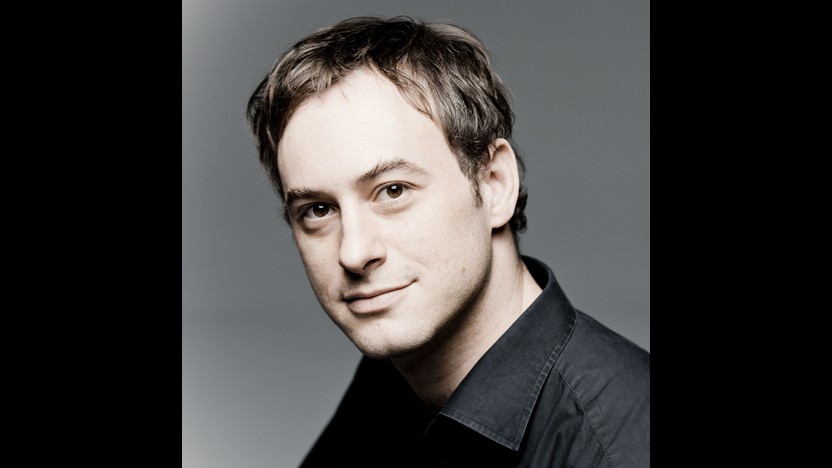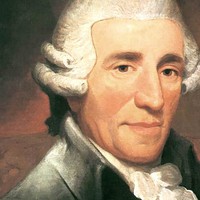Pergolesi’s Stabat Mater


 Listen to Audio
Listen to Audio
(Duration: 21 min)
In 1761, the 29-year-old Franz Joseph Haydn accepted a job with the Esterházy family, a fantastically wealthy and cultured branch of the Austrian nobility. Over the next thirty years, the music that the inexhaustible Haydn created for his demanding patrons played a defining role in advancing what we now recognize as “Classical” style.
For his first five years, Haydn served as Vice-Kapellmeister, and one of his duties was to produce twice-weekly concerts with the court’s private orchestra. The ensemble was small in those early years, ranging from 13 to 15 players, but each member was a world-class virtuoso. Haydn dabbled in composing symphonies before his Esterházy job, but it was there during those first years that he really embraced the genre, composing about 25 of them, or nearly a quarter of his lifetime output. The first came in the form of a symphonic trilogy connected to times of day — “Le matin” (Morning), “Le midi” (Midday) and “Le soir” (Evening) — an idea that may have been suggested by Prince Paul Anton Esterházy.
The middle symphony, Midday, provides a fascinating snapshot of orchestral music during a period of transition, when Baroque complexities began to clarify into the refined Classical style. With its many solo passages for individual instruments, this conception of a symphony is a natural extension of the Baroque concerto grosso tradition that placed multiple soloists within a larger ensemble. Other details point to the full-throated symphonies of the coming decades, including the dramatic suspense of the first movement’s slow introduction, and also the appearance of a minuet, an idea borrowed from French dance suites that expanded the earlier, three-part form of the Italian sinfonia. The most surprising departures from symphonic expectations come in the highly theatrical slow movement, complete with a declamatory recitative and an extended cadenza for violin and cello.
Aaron Grad ©2024
Get driving directions and find nearby parking.
Find dining options close to the venue.
View seating charts to find out where you'll be seating.
SPCO concerts are made possible by audience contributions.
For exclusive discounts, behind-the-scenes info, and more:
Sign up for our email club!
